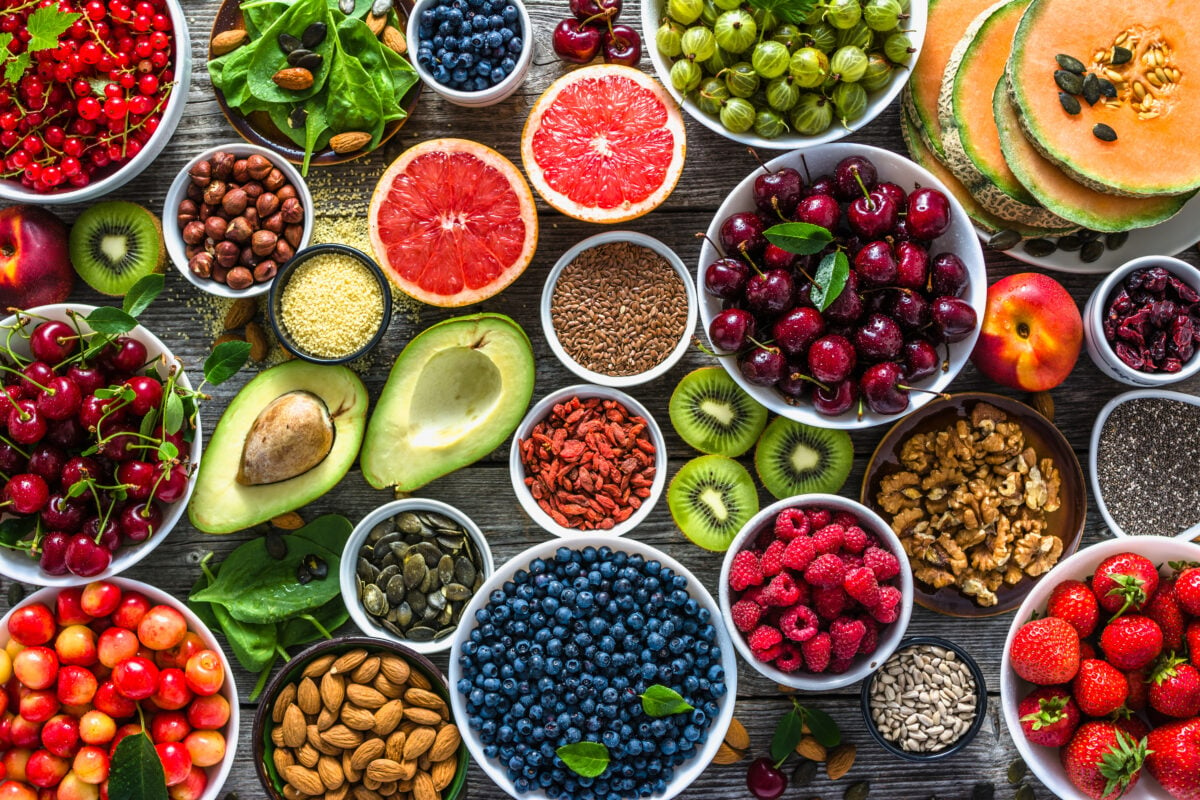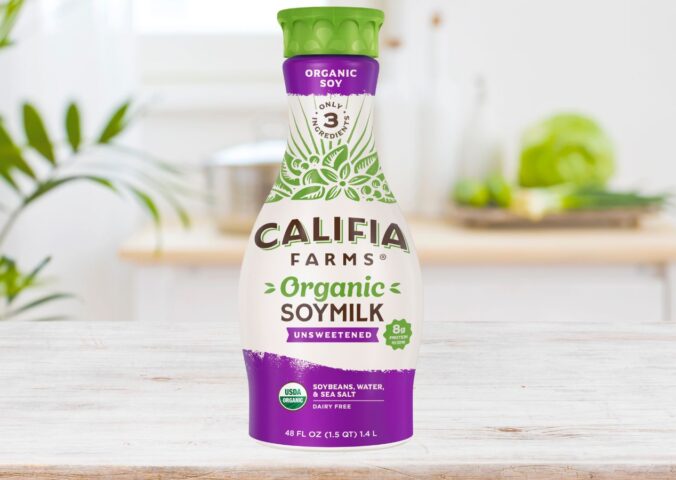Doctors have warned that a LinkedIn post telling people not to do Veganuary is misleading.
Veganuary refers to a month-long plant-based challenge that hundreds of thousands of people across the world sign up to. People do it for a range of reasons, but concern over animals is said to be the most often cited of these, followed by health and the environment.
Despite this, a post from a nutritional neuroscientist described Veganuary as “just another post-Christmas feast quick-disordered-restrictive-diet, famine-detox to lose weight.” She added: “I urge you for your mental health – please don’t do veganuary.”
In fact, Veganuary is often regarded as a positive movement for its participants. According to research published in October last year, almost 30 percent of 2023’s participants were still following a plant-based diet. Eight in 10 have also sustained a dramatic reduction in animal product consumption. Gemma Newman, a medical doctor, told Plant Based News (PBN): “Veganuary is an opportunity to champion compassionate food choices with the aim of reducing suffering to animals, protecting the planet, and improving human health.”
Many Veganuary participants are indeed motivated by health. However, this has been shown to have positive, rather than negative, outcomes, despite what the post alludes to. Nearly two thirds of participants who sustained their plant-based diet last year said they had experienced health improvements from their diet, including increased energy, mood, and better skin. But Veganuary participants don’t need to focus on health if they don’t want to.
“Veganuary is not a famine or detox,” Newman added. “You can eat as much dairy-free ice cream and vegan pizza as you like.”
Doctors dispel Veganuary criticism

The health benefits of veganism have been widely backed up in peer-reviewed scientific research. Researchers have found positive links between a plant-based diet and everything from cancer to Covid-19.
“Taking part in Veganuary and choosing a healthy plant based diet could improve your health by reducing your cholesterol, your blood pressure and your risk of type 2 diabetes, as well as improving your digestion,” said Newman.
“In the same way that ‘Dry January’ could help your liver, so too could Veganuary help your heart, gut, brain and skin.”
Participants can experience better health outcomes quickly. A recent study of twins found that health markers improved dramatically on a plant-based diet in just eight weeks.
Veganism and mental health
The post expressed concern around mental health and B12. “I worry hugely about the mental health implications of this diet, with vegan diets missing B vitamins such as B12.”
Shireen Kassam, Founder of Plant-Based Health Professionals UK, told PBN: “There is no reason to think a well-planned vegan diet would be detrimental to mental health. In fact, there are a lot of supportive data for increasing the intake of plant-based foods to improve mental health and well-being.”
B12 is the only vitamin that requires a supplement on a plant-based diet. The Vegan Society recommends eating fortified foods two or three times a day or taking one B12 supplement daily. This is sufficient to meet recommended daily intake. See here for our guide to B12 on a vegan diet.
The post also muses, without evidence, whether plant-based diets could be “contributing to the growing sick days for depression this January.” Responding to the claim on LinkedIn, Robbie Lockie, co-founder of Plant Based News, wrote: “Your suggestion that a vegan diet in January might worsen SAD [Seasonal Affective Disorder] is speculative.
“SAD is primarily related to light exposure, not diet. A balanced diet, whether vegan or omnivorous, can support mental health during winter months.”
Vegan foods are not all ultra-processed

The post seems to consider plant-based diets as synonymous with ultra-processed vegan meats.
Kassam told PBN: “No one is suggesting that ultra-processed foods, be they animal or plant-based, are health promoting. However, a diet centred around fruits, vegetables, whole grains, beans, nuts and seeds have numerous benefits for individual health whilst supporting better planetary health and of course kinder to our fellow animal-kin.”
Vegan food is far more diverse than fake meats. Many people use Veganuary as an opportunity to try more vegan whole foods recipes. Research has shown that a whole foods plant-based diet is linked to many positive health outcomes, including a reduced risk of dementia.
Even so, eating vegan junk food is not necessarily associated with poor health. A recent study of 266,666 people found no link between plant-based meats and an increased risk of cancer, heart disease, and type 2 diabetes. In contrast, processed meat is a carcinogen and has been shown to increase risk of heart disease and type 2 diabetes.
Plant-based foods high in iron and protein
Elsewhere, the post attacks plant-based diets for being “low in iron, low in fat… and low in bioavailable protein.”
Doctors say that on a well-planned plant-based diet, getting the right amount of nutrients is not a problem. Vegan foods including spinach, lentils, chickpeas, kidney beans, and oats are great sources of iron. Including a good source of vitamin C when cooking iron-rich foods boosts absorption. While meat is a “complete” protein source (that features all nine amino acids), there are many complete plant sources. These include tofu, tempeh, edamame, and chia seeds.

Help with transitioning to a plant-based diet
If you are trying Veganuary for the first time or transitioning to a plant-based diet, there are many free resources online to help make your eating habits nutritionally beneficial.
From vegan recipes for every taste to health information and advice, planning a healthy plant-based diet has never been easier.






